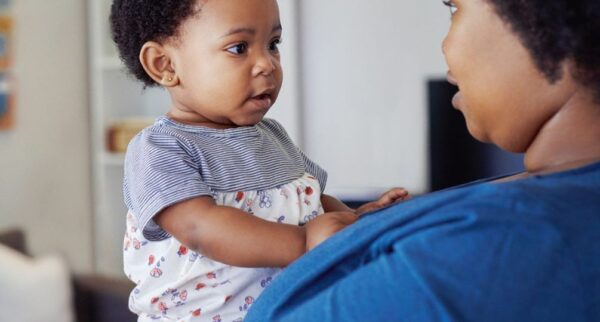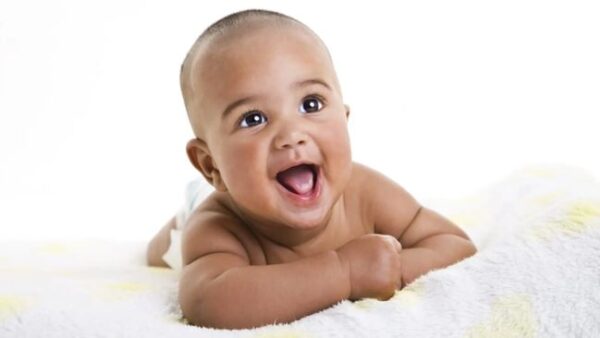Lifestyle
What no one tells us about being a parent in 30s vs 20s

Parenthood is beautiful, no matter the age. But the experience of raising a child in the 30s can feel different from doing it in the 20s.
While society glorifies youth and energy in parenting, there’s a quiet strength in the maturity that comes with age.
Both decades come with their own set of joys and jolts. But behind all the smiling baby pictures and parenting advice lies a truth that often goes unspoken.
Here’s all we need to know about what changes, mentally, emotionally, and physically, when the parenting journey begins in the 30s instead of the 20s.
1. Younger parents have more energy
It’s often said that parenting in the 20s means bouncing back from sleepless nights more easily. That’s partly true. The body does recover quicker. But parenting isn’t just about physical energy—it’s an emotional marathon. In the 30s, patience often deepens. There’s more pause before reacting, more reflection before disciplining. The inner calm that comes with age can feel like a superpower, especially during toddler tantrums and teenage transitions.
2. Parenting in the 30s is more secure
It’s commonly assumed that the 30s come with better jobs, stable homes, and well-planned bank accounts. But emotional readiness doesn’t always follow a paycheck. Some 30-somethings wrestle with perfectionism and the fear of ‘getting it all right’. In contrast, many in their 20s bring a natural flexibility to parenting, learning and growing with the child, less burdened by ideals. Both generations face unique emotional landscapes, but neither has a monopoly on readiness.
3. Younger parents miss out on life
In the 20s, friends might still be exploring careers, travelling, or finding themselves. Becoming a parent early might mean skipping spontaneous plans or career moves. But in the 30s, parenting can mean balancing a demanding job, ageing parents, and delayed life dreams—all at once. It’s not about missing out; it’s about when the trade-offs happen. The sacrifices don’t disappear with age—they just shift shapes.
4. It’s easier to keep up with kids in the 20s
Yes, a younger parent might run alongside a child for longer without needing a breather. But the connection between a parent and child isn’t just built on playtime. In the 30s, life experiences often deepen empathy. This can lead to better emotional bonding, especially as children grow into thinking, feeling little people. Older parents might not always run, but they often listen better
5. Biological clock is a ticking time bomb
There’s no denying that fertility can become a concern in the 30s. Medical science backs this. However, the narrative often ignores how common fertility challenges can be, even in the 20s. And many who conceive later report being more mindful and prepared for the journey. It’s less about the ticking clock and more about understanding one’s body, seeking help early if needed, and dropping the guilt that society silently piles on.
6. Parenting in the 30s means missing the “fun” years
There’s a nostalgic myth that the 20s are the only years meant for wild memories and late-night adventures. But fun doesn’t expire with age. Parenting in the 30s often brings joy in slower moments—a quiet bedtime story, a spontaneous giggle fit, a picnic in the park. There’s a beauty in knowing that fun can now be shared with a little one, and not every thrill has to be loud or late-night.










